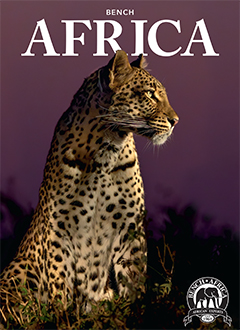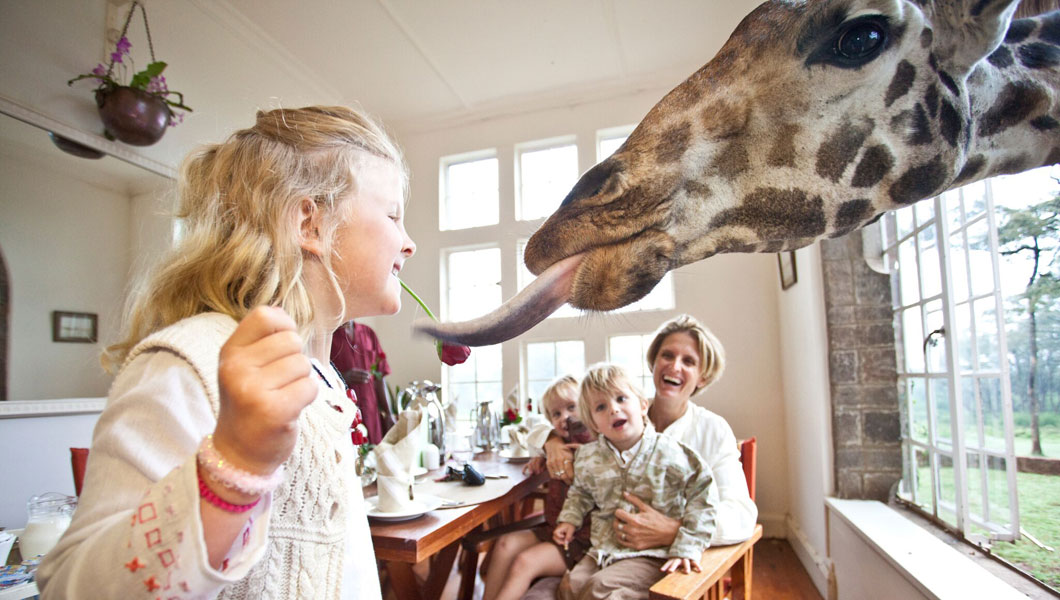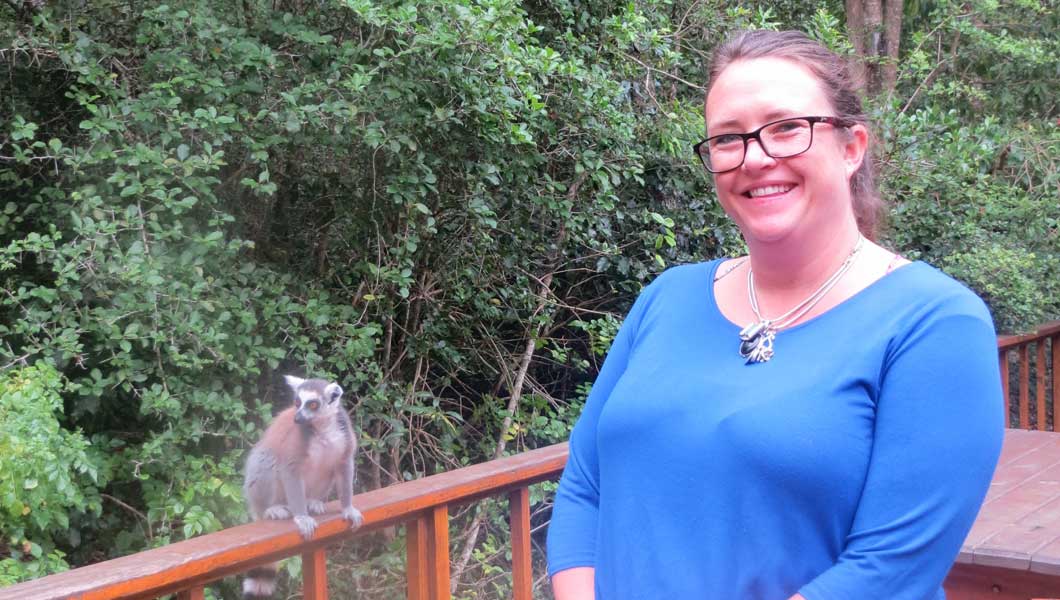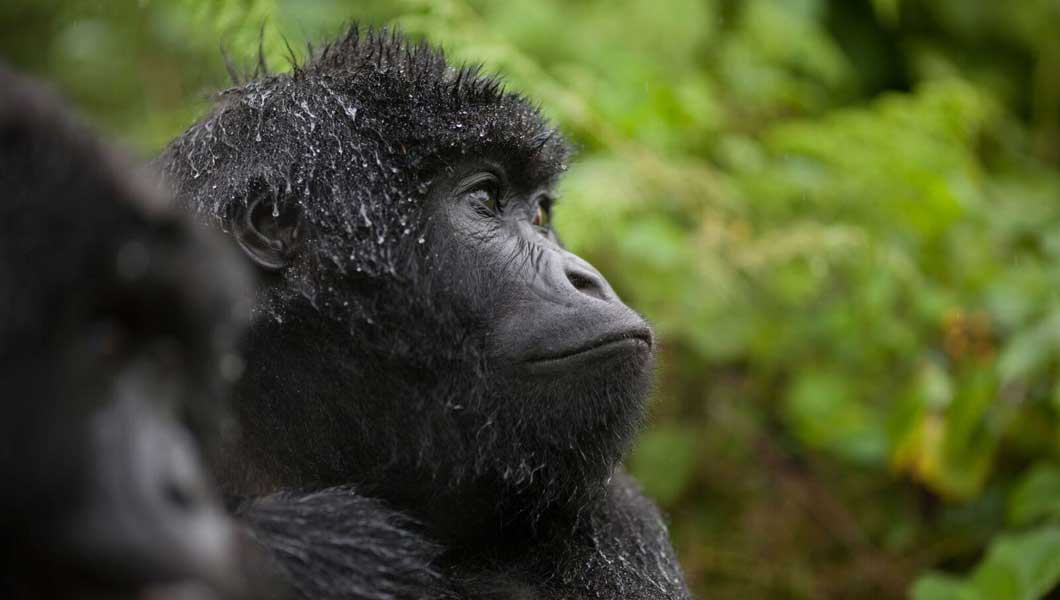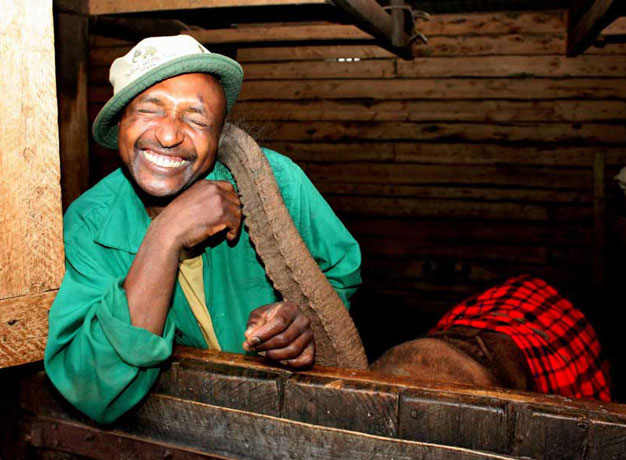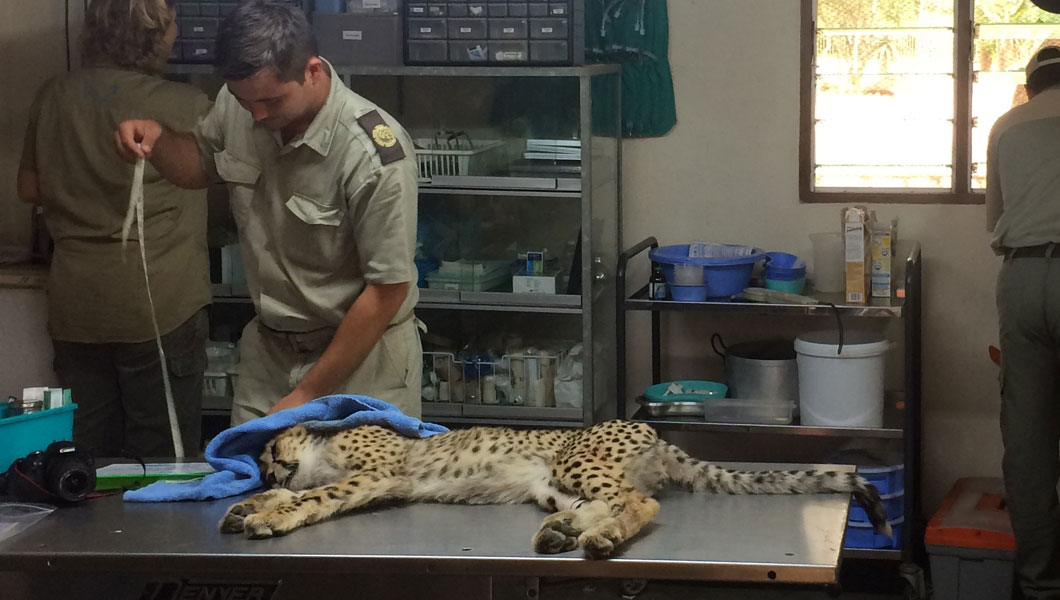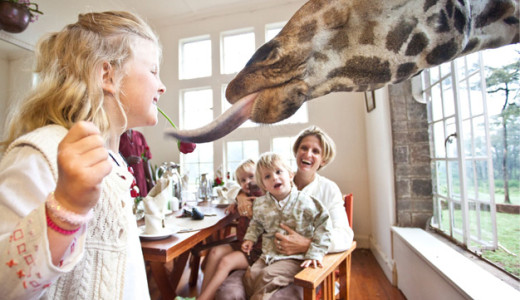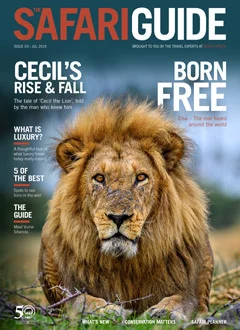It's a hot topic, and one that requires a great deal of consideration. Wildlife encounters can be an incredibly fulfilling experience for tourists in Africa, but we need to stop and think before we participate.
Is this animal encounter ethical?
By ‘animal encounter’ we don’t mean observing animals on a game drive, or on an ordinary game-viewing experience but rather an activity where interaction with the animal is the main focus, such as gorilla trekking perhaps, or visiting an elephant orphanage.
Bench is fully committed to ensuring that the experiences that you enjoy with us in Africa have the animals' welfare at heart. We have banned all elephant rides from our itineraries, instead we encourage travellers to seek out more ethical alternatives. The animal encounters that we support have been hand-picked by our team of Africa experts. We are constantly, and vigilantly reviewing these, basing our decisions on customer feedback and our own regular visits to Africa.
Unfortunately, our wildlife is unable to stand up for themselves, so it's up to us to take this stance and make the right choices for them. We need to support the initiatives that not only have their heart in the right place, but those that are doing things by the book.
Fortunately, it’s possible to interact with African wildlife in a way that protects, conserves and enhances their existence, as long as you know where to go.
So, without further ado, here are my recommendations!
My Top 5 Animal Encounters in Africa:
Giraffe Manor, Kenya
At Giraffe Manor, the giraffes roam freely through the grounds. They often pop their heads into the dining room windows looking for treats, and it is actually the only place in the world where guests can enjoy the experience of feeding giraffe over the breakfast table or at the front door. This elegant, privately owned and personally hosted, small and exclusive hotel offers a rich blend of welcoming accommodation, highly trained and friendly staff, as well as one of Nairobi’s finest kitchens.
Monkeyland, South Africa
Monkeyland is the worlds first free roaming multi-species primate sanctuary. Their aim is to create awareness about the plight of primates and to show that with a greater understanding of our primate cousins, that we can all live in harmony. I recently visited whilst driving along the Garden Route and it was a pleasant surprise! All of the monkeys are free to roam and do come quite close to you, although there is absolutely no touching allowed. My guide was extremely knowledgeable, with a great sense of humour. I would highly recommend getting the combined ticket and visiting Birds of Eden as well - the largest free-flight aviary in the world. That's really special too.
Gorilla Trekking in Rwanda or Uganda
A once in a lifetime experience! Imagine serenely sitting just a few feet from these rare and beautiful creature watching them in their natural habitat! The hour in their presence flies by, with equal time spent being in awe of these great animals and taking photos to ensure this incredible moment will never be forgotten. The very best thing about gorilla trekking in Rwanda or Uganda is that it contributes directly to the conservation of the gorillas and their home.
David Sheldrick Wildlife Trust, Kenya
Born from one family’s passion for Kenya and its wilderness, the David Sheldrick Wildlife Trust is today the most successful orphan-elephant rescue and rehabilitation program in the world and one of the pioneering conservation organisations for wildlife and habitat protection in East Africa. You spend an hour watching the orphaned elephants with their keepers at feeding time. Whilst they are being fed and enjoying a messy mud bath they talk you through the work, conservation, the individual elephants and their stories. The best thing about DSWT is that their ultimate goal is to release these elephants back into the wild.
Hoedspruit Endangered Species Centre, South Africa
The Hoedspruit Endangered Species Centre is a unique African wildlife facility focusing on conservation and the sustainability of rare, vulnerable and threatened species. Founded on passion, the centre has adopted a holistic approach to its conservation activities, such as the educating of surrounding communities, tourism, breeding, rehabilitation and anti-poaching, to name a few. I recently volunteered here, and it was a wonderful, enriching experience. It was humbling to be surrounded by people that are incredibly passionate and knowledgeable in the field. The above photo was taken while they were DNA testing 6 cheetah cubs. All cheetahs bred here are tested so that they can't be illegally sold. Another reason for DNA profiling is to prevent inbreeding, which could make them more vulnerable to infectious disease.







